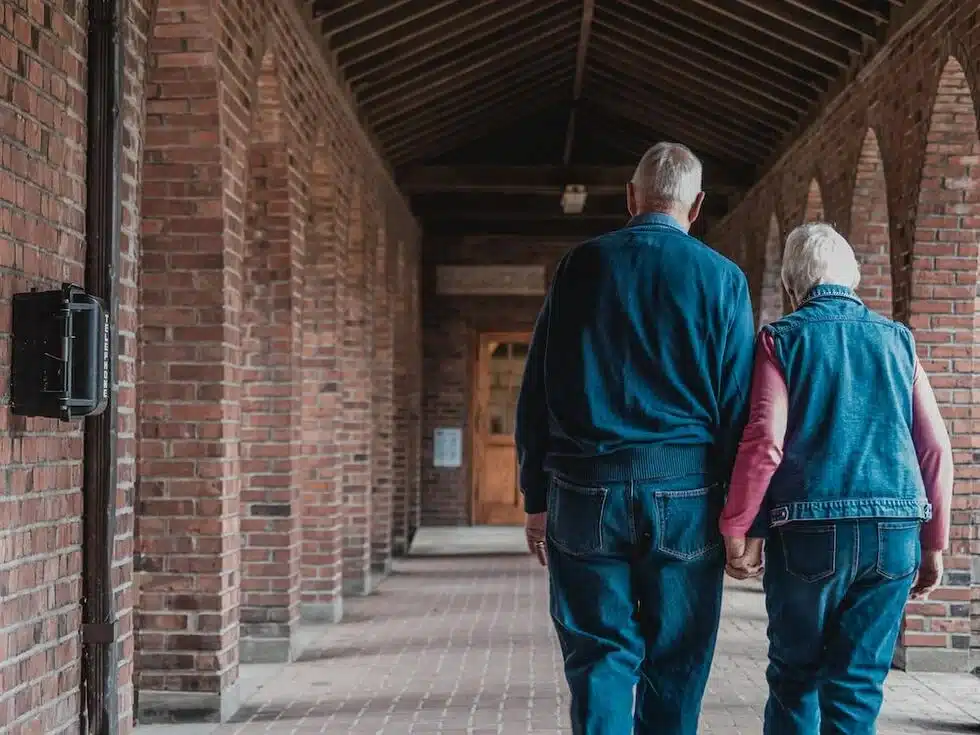
Some of the greatest dangers to residents of nursing homes may be more difficult to identify than physical abuse. Neglecting to properly care for nursing home residents can lead to dehydration and malnutrition. Dehydration and malnutrition can weaken the immune system of older people and make existing medical issues worse.
Family members may find it difficult to identify neglect or negligent care involving lack of proper food, liquids, and nutrition. The nursing home may not be helpful in identifying problems with lack of proper care. Unfortunately, the nursing home may claim that failing health, increased injuries, or failure to thrive are just part of the aging process. In reality, the nursing home may be aware of the problem or fail to take measures to prevent dehydration and malnutrition.
If a family member in a nursing home passed away and you suspect they may have been neglected by the nursing home, talk to a New York personal injury lawyer from Sullivan & Brill, LLP. Our legal team represents injury victims across New York City, including Brooklyn, the Bronx, Queens, Manhattan, Staten Island, Long Island, and Westchester County. Contact us today at (212) 566-1000 for a free consultation.
According to a report from the Commonwealth Fund, at least one-third of nursing home residents may suffer from malnutrition or dehydration. Federal nursing home laws are supposed to ensure that nursing homes provide the nutrition necessary to residents. Poor nutrition and lack of proper hydration can put individuals at greater risk of disease, infection, and illness.
Malnutrition and dehydration in nursing homes may be a sign of neglect, abuse, or negligence. A nursing home may intentionally be providing food to residents that lacks the necessary nutrition. Feeding residents with cheaper food options may be a way for the nursing home to save money at the risk of the residents' help.
Poor recordkeeping, untrained nursing and support staff, and failure to track a resident's food and beverage consumption may be a breach of the nursing home's duty of care to the residents. The victims of nursing home neglect and abuse may not be able to report the problem because they are non-communicative, have dementia, or are afraid of coming forward for fear of retaliation.
Malnutrition can be caused by not providing enough food or providing food that does not meet basic nutritional requirements. The human body needs a balance of proteins, carbohydrates, fats, vitamins, and minerals. An older adult could be malnourished even if they appear to be overweight.
There are a number of health risks associated with malnourishment for nursing home residents, including:
Avoiding malnutrition in nursing homes may be as simple as providing sufficient staffing and training. Unfortunately, many nursing homes are understaffed as a cost-saving measure.
According to the Centers for Disease Control and Prevention, dehydration is a condition that can cause unclear thinking, result in mood changes, cause your body to overheat, constipation, and kidney stone. Water intake is lower in older adults and could put nursing home residents at risk of dehydration.
A nursing home resident may not be able to tell family members that they are dehydrated. Some signs of possible dehydration in a family member could include sunken eyes, impaired skin turgor (elasticity), and dark urine.
Like malnutrition, the most common causes of dehydration are not complicated. Dehydration in nursing homes is commonly caused by inadequate staffing, lack of staff supervision, and lack of training.
Our team at Sullivan & Brill, LLP prepares each case as if we are proceeding to trial. We do a complete examination of the facts, including utilizing skilled outside investigators. We manage each of our cases personally. Handing most of the legwork off to associates is not our style.
Our experienced New York City nursing home negligence attorneys arrive at the negotiating table thoroughly prepared and determined to reach a favorable settlement. If discussions prove ineffective, we are fully equipped to fervently litigate on our client's behalf. Contact us today for a free case evaluation online or call us at (212) 566-1000.
Copyright © Sullivan Brill Personal Injury Attorneys
